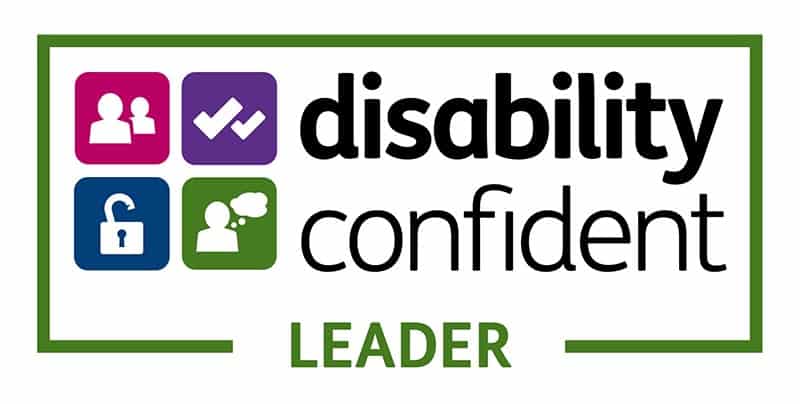A new film launched today by Bristol-group, Disabled Women Take Action (DWTA), aims to get more businesses signing up for the Community Toilet Scheme.
Under the umbrella of Disabled Women Take Action (DWTA), two charities, Bristol Women’s Voice and WECIL (West of England Centre for Inclusive Living), are encouraging more businesses in Bristol to better advertise and engage with the Community Toilet Scheme.
Helen Ince, co-project lead at Bristol Women’s Voice says: “The lack of access to public toilets has a knock-on effect on all aspects of a Disabled woman’s life. We know women take 2.3 times longer than men, on average, in the toilet for reasons related to menstruation, pregnancy, and clothing.”
The Community Toilet Scheme was set up by Bristol City Council following the closure of many public toilets, for businesses and organisations such as bars, restaurants, and cafes to open their toilet facilities to members of the public when needed, without having to purchase anything.
To date around 156 businesses have signed up but DWTA has found multiple issues with the scheme when using it. Staff at the members’ venues are often unaware of the scheme and prevent non-customers from using the toilets.
This new film aims to help staff understand the challenges faced by Disabled women and why free access to toilets is key to meeting basic human rights and freedom of movement.
Helen Ince, adds: “Women’s need for access to the bathroom is also more frequent because of caring for children or older people. Disabled and older women, often don’t leave the house without having already mapped where they might be able to use a toilet.
“There is also a financial burden when we cannot access free toilets. Having to spend £3 on a cup of tea or coffee whenever we want to use the bathroom becomes extortionate as well as perpetuating the cycle of needing a bathroom.”
Research has found 56% of the public deliberately dehydrate themselves over concerns about access to public toilets. This is more pronounced for women.
Fiona, a member of the DWTA says: “In Bristol, there’s not that many toilets that I know about. So if I go shopping, and I’m walking with a stroller and the toilet is a long way away, it’s really difficult to make it.”
Debbie, who has a long-term stomach illness leading her to urgently need the toilet when she has episodes of it, says she plans where she goes depending on how near public toilets are.
DWTA would like to see the scheme better promoted through street signs, window displays, and sources of funding explored to support participating venues in maintaining the facilities.
Notes to the editors:
Media Contact:
Claire Charras
Communications Coordinator
[email protected]
07733 133 986
The film
The film can be viewed here and shared here: https://youtu.be/Jbv9SL-rt7I
Thank you to Criss Cross Films who volunteered their time in the making and editing of the film.
Images
Helen Ince and Doreen speaking_photo credit Bristol Women’s Voice
Jemma, DWTA participant speaking_photo credit Bristol Women’s Voice
Anne, DWTA participant speaking_photo credit Bristol Women’s Voice
About Disabled Women Take Action
Disabled Women Take Action is a partnership project, being delivered by Bristol Women’s Voice and WECIL (West of England Centre for Inclusive Living). This project provides an opportunity for Disabled women and those with long-term health conditions to join with others, share their experiences and work towards positive change, identifying common goals and influencing practical and policy changes across Bristol.
About Bristol Women’s Voice
We’re a not-for-profit membership organisation of women working to make women’s equality a reality in Bristol.
About WECIL
WECIL is an organisation of Disabled people working together to enable choice. They challenge the barriers to independent living through the delivery of high-quality support and advice.
Background to the Community Toilet Scheme
Community Toilet Scheme is for businesses and organisations who are happy to allow members of the public to use their toilet facilities.



